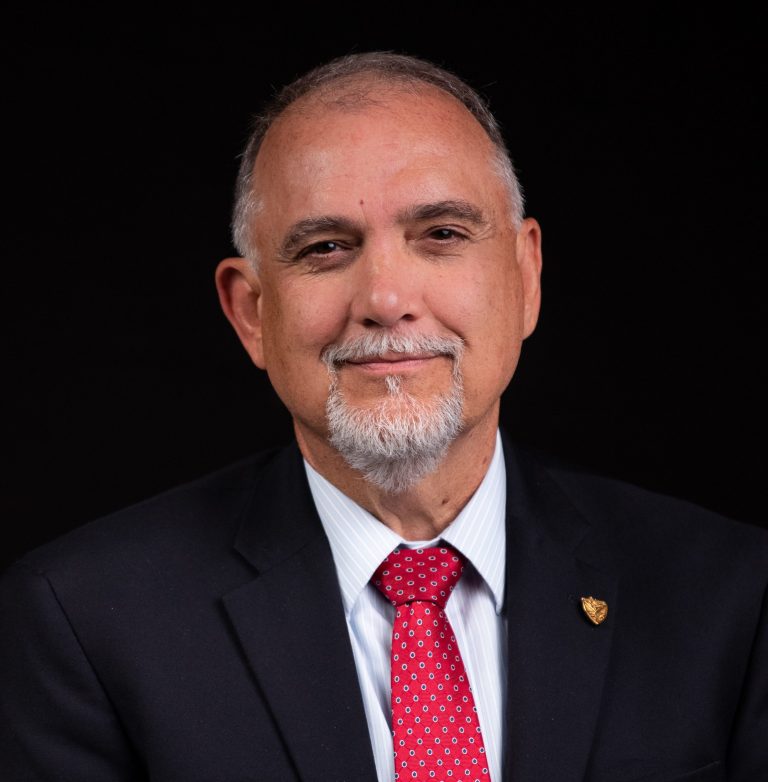Pastor Tom Ascol continues in his series in 2 Corinthians with a message entitled “Who Shares Your Yoke?” centering on 2 Corinthians 6:14–7:1. In today’s passage Paul uses the metaphor of a yoke, the apparatus farmers use to join animals used for plowing, to teach principles for the Christian life. Just as different breeds of animals do not work well when yoked, so Christians must be careful about ties that bind them to the world.
Christians, Paul indicates, are called to live separated, holy lives in fear of God. Many people, some Christians included, have a self-centered perception of Christianity far different from what the Bible describes. True Christianity is not available on the seekers’ terms. It is available on God’s terms. Why would a self-sacrificing Savior welcome self-serving, self-indulgent followers? No, Christ calls his followers to a different style of life.
This passage tells us much about a separated life. First, it does not tell Christians to stay away from unbelievers or associate only with other Christians. Paul’s life and teachings alone contradict any such interpretation of this passage. Besides, believers have the good news unbelievers need to hear! Rather the passage, using Old Testament background (Deuteronomy 22:10) and the present context of life in Corinth, urges believers to refrain from participating in pagan rituals and non-Christian religious rites. The five rhetorical questions Paul askes (vv. 14–18) continue and solidify that argument. God’s presence in the Old Testament Temple and synagogues was prelude to His presence within believers today. Believers, being the Temple of the Holy Spirit, ought to “go out from their midst, and be separate from them” (v. 14) and the worldly life. Paul is concerned that the Corinthians might slip back into the lives they had had before coming to Christ. A Christian’s life values should change as they realize they have all they need in Christ. What the world has to offer pales in comparison. John warns believers not to “love the world or the things in the world. If anyone loves the world, the love of the Father is not in him” (1 John 2–15). Our separateness should be reflected in our life choices. So we see that the oft understood interpretation of being unevenly yoked applied to marriage is, while certainly true, only a part of the separated holy life to which we are called.
Christians are to pursue holiness. God promises to dwell among us, has doubly pledged Himself to us, will welcome us, and will be a father to us. Therefore, we must cleanse ourselves from every defilement even as we continue to live in the world. We should become increasingly Christ-like. Even as Paul urges the Corinthians, he recognizes he has not arrived; he still works at attaining the separateness Christians need. His, the Corinthians, and our actions ought to reflect the One who died on the Cross to make propitiation for our sins. Daily all Christians should consider this and strive to bring glory to Him.























